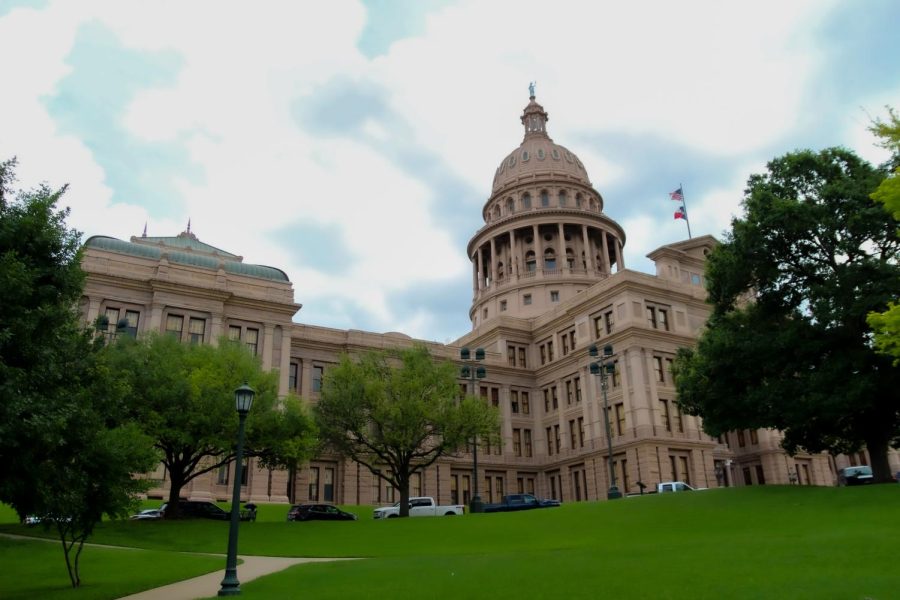Texas House to Vote on Religion in Classroom
Photo by Natilyn Hicks, courtesy of Unsplash.com
Photo by Natilyn Hicks, courtesy of Unsplash.com. Senate Bills 1515, 1396, and 1556 advanced to the Texas House State Affairs Committee with a pending voting procession.
May 16, 2023
On April 20, the Texas Senate passed three bills regarding religion in Texas public schools, and all were moved to the state House for consideration. Bill 1515 requires all public primary and secondary schools to prominently display the Ten Commandments in every classroom. Bill 1396 grants every student the option to read their Bible during school, and Bill 1556 allows employees to “engage in religious speech or prayer while on duty.” It passed 17-12, and is moving to the House for further deliberation.
“This bill allows that and the free exercise of religion in our public schools, as is guaranteed in the Constitution,” Texas Lt. Gov. Dan Patrick said in a statement to the public. “Our schools are not God-free zones.”
The bill outlines criteria the poster containing the Ten Commandments must follow. It must be 16 inches tall by 20 inches wide and “in a size and typeface that is legible to a person with the average vision from anywhere in the classroom in which the poster or framed copy is displayed.”
The bill’s critics claim that educating children on faith should be done by churches, not by the state.
“I should have the right to introduce my daughter to the concepts of adultery and coveting one’s spouse,” General Counselor for the Texas Baptists Christian Life Commission John Litzler said. “It shouldn’t be one of the first things she learns to read in her kindergarten classroom.”
The bill’s potential comes from a recent Supreme Court case, Kennedy v. Bremerton School Dist. Coach Joe Kenney sued the district after he was fired for praying with students after their games. The court decided he did not pressure or force the students into prayer, and therefore the firing was unconstitutional. Currently, there is no date set for the deliberation and voting of these bills in the House.






